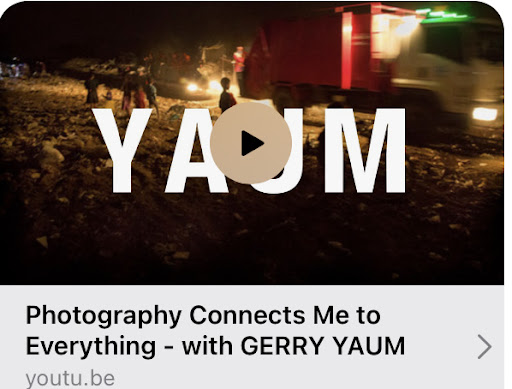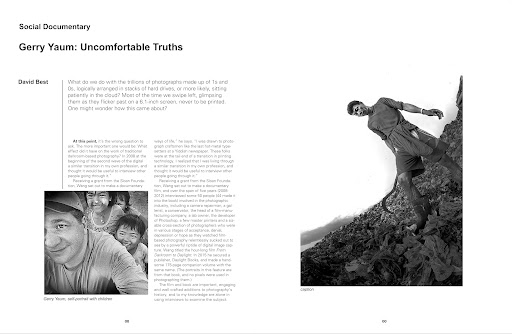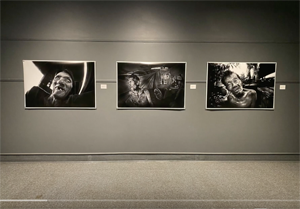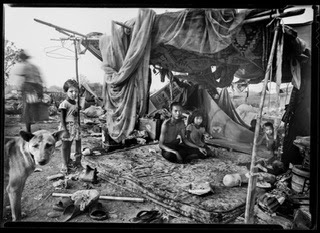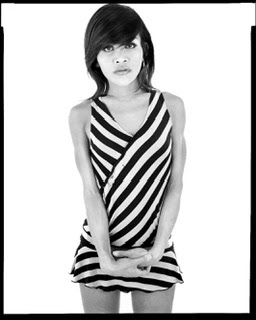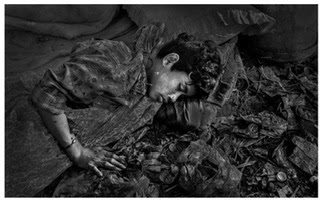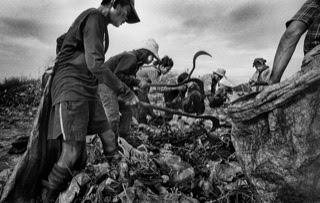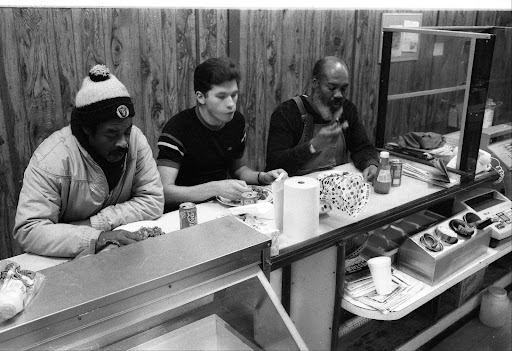I bought yet another Dupree Bolton related CD this morning. I think I am now running out of his available recorded works. This music was made when he collaborated with singer Lou Rawls. I guess this best of albums has several new forgotton new tracks added to it. I also included a review from "All About Jazz".
All About Jazz Review OF "The Best Of Lou Rawls"
Here is the review of the album by Mr Chris May
Track Listing: Motherless Child; God Bless The Child; Nobody But Me; Blues For The Weepers; Goin' To Chicago Blues; How Long, How Long Blues; Southside Blues/Tobacco Road (medley); Something Stirring In My Soul; Georgia On My Mind; So Hard To Laugh, So Easy To Cry; Old Folks; Somebody Have Mercy; Why (Do I Love You So); Street Of Dreams; I Wonder; Let's Burn Down The Cornfield; One For My Baby, One More For The Road; Mean Old World; Long Gone Blues; Fine And Mellow.
Personnel: Lou Rawls: vocals. Accompanied by The Pilgrim Travelers, Les McCann Ltd., Muscle Shoals Fame Gang, Curtis Amy Sextet, Tommy Strode Quartet and orchestras arranged by Benny Carter, Benny Golson, H. B. Barnum and Onzy Mathews.
 |
| Bought a used version of this Dupree Bolton contribution CD ltoday |
Here is the review of the album by Mr Chris May
Lou Rawls: The Best Of Lou Rawls: The Capitol Jazz & Blues Sessions
Although they're included almost as a postscript to this gorgeous
collection of jazz and gospel-inflected blues, the last three tracks on The Best Of Lou Rawls are headline news in themselves. Three previously unissued tracks featuring legendary trumpeter Dupree Bolton!!
Almost as under-recorded and unchronicled as Buddy Bolden, Dupree
Bolton spent most of his adult life either with a monkey on his back or
doing jail time under the USA's unenlightened drug laws. But his
contributions to Harold Land's The Fox (1959) and Curtis Amy's Katanga (1963) made those albums two of the most toweringly magnificent ever to come from the West Coast.
Obsessively secretive and paranoid, the only information Bolton would give to a Down Beat writer attempting to interview him in 1960 was this: "When I was fourteen, I ran away from home." Jazz history is awash with enigmatic junkie burnouts, many of them actually more memorable in myth than on metal, but Bolton was the real deal, an incandescent, head-charging, uber-impassioned soloist who lit up everything around him—and to whom one's first reaction is often plain dumbstruck awe. (Check the expression on Land's face on the back cover of The Fox, as he watches Bolton solo.)
So the chance finally to hear "Mean Old World," "Long Gone Blues" and "Fine And Mellow"—three tracks Rawls laid down with the Amy Sextet a month or so after the recording of Katanga—is something else. On the first two tunes, Bolton is confined to theme statements and backing riffs, but on the closing "Fine And Mellow" he gets one chorus to counterpoint behind Rawls and another of pure solo time. He kicks the door in and tears it up. A truly astonishing talent.
Which doesn't leave much room for the other seventeen tracks on this wonderful album. With the sole exception of the rather maudlin "Old Folks," they are every one of them 24-carat gems. Rawls was a postmodernist before the term was coined. His rich, resonant baritone—reminiscent of Ray Charles, but less countryfied—was equally at home with gospel (he started out in the mid-1950s with the Pilgrim Travelers), blues, jazz, pop and soul, and he excels on this 1962—1970 collection. The musicians and arrangers include some of LA's finest—alongside Amy, tenor saxophonist Teddy Edwards, organist Richard Groove Holmes, pianist Gerald Wiggins, guitarist Ray Crawford, arrangers Benny Carter and Benny Golson, and drummer Earl Palmer, whose controlled nuclear explosions lift most of the mid-1960s tracks. A total, eternally hip blast.
Obsessively secretive and paranoid, the only information Bolton would give to a Down Beat writer attempting to interview him in 1960 was this: "When I was fourteen, I ran away from home." Jazz history is awash with enigmatic junkie burnouts, many of them actually more memorable in myth than on metal, but Bolton was the real deal, an incandescent, head-charging, uber-impassioned soloist who lit up everything around him—and to whom one's first reaction is often plain dumbstruck awe. (Check the expression on Land's face on the back cover of The Fox, as he watches Bolton solo.)
So the chance finally to hear "Mean Old World," "Long Gone Blues" and "Fine And Mellow"—three tracks Rawls laid down with the Amy Sextet a month or so after the recording of Katanga—is something else. On the first two tunes, Bolton is confined to theme statements and backing riffs, but on the closing "Fine And Mellow" he gets one chorus to counterpoint behind Rawls and another of pure solo time. He kicks the door in and tears it up. A truly astonishing talent.
Which doesn't leave much room for the other seventeen tracks on this wonderful album. With the sole exception of the rather maudlin "Old Folks," they are every one of them 24-carat gems. Rawls was a postmodernist before the term was coined. His rich, resonant baritone—reminiscent of Ray Charles, but less countryfied—was equally at home with gospel (he started out in the mid-1950s with the Pilgrim Travelers), blues, jazz, pop and soul, and he excels on this 1962—1970 collection. The musicians and arrangers include some of LA's finest—alongside Amy, tenor saxophonist Teddy Edwards, organist Richard Groove Holmes, pianist Gerald Wiggins, guitarist Ray Crawford, arrangers Benny Carter and Benny Golson, and drummer Earl Palmer, whose controlled nuclear explosions lift most of the mid-1960s tracks. A total, eternally hip blast.
Track Listing: Motherless Child; God Bless The Child; Nobody But Me; Blues For The Weepers; Goin' To Chicago Blues; How Long, How Long Blues; Southside Blues/Tobacco Road (medley); Something Stirring In My Soul; Georgia On My Mind; So Hard To Laugh, So Easy To Cry; Old Folks; Somebody Have Mercy; Why (Do I Love You So); Street Of Dreams; I Wonder; Let's Burn Down The Cornfield; One For My Baby, One More For The Road; Mean Old World; Long Gone Blues; Fine And Mellow.
Personnel: Lou Rawls: vocals. Accompanied by The Pilgrim Travelers, Les McCann Ltd., Muscle Shoals Fame Gang, Curtis Amy Sextet, Tommy Strode Quartet and orchestras arranged by Benny Carter, Benny Golson, H. B. Barnum and Onzy Mathews.




